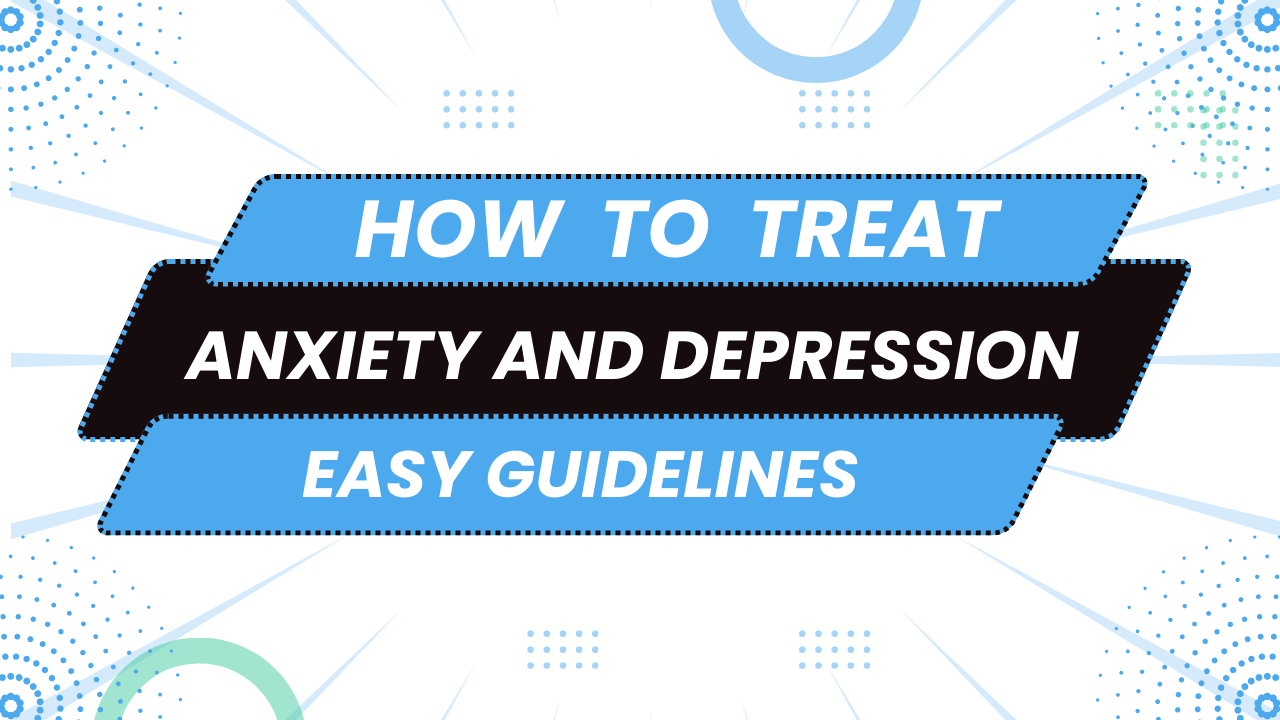Welcome back to the blog. Today, we’re talking about something that’s been gaining attention worldwide — mindfulness exercises — and how they can help you reduce stress, calm your mind, and improve your overall wellbeing.
In today’s fast-paced world, stress seems to follow us everywhere from work deadlines and financial pressures to personal responsibilities and endless notifications. Our minds are constantly racing, and finding peace can feel almost impossible. But the truth is, calmness and clarity are always within reach — through mindfulness.
What Is Mindfulness?
Mindfulness is more than just a trend; it’s a way of life. It means being fully present and aware of what’s happening in the current moment without getting lost in worries about the past or future. It’s about paying attention to your thoughts, emotions, and physical sensations without judgment.
You don’t need to be a monk or spend hours meditating. Mindfulness can be practiced in simple ways; whether you’re sitting quietly and focusing on your breath, eating slowly and enjoying your food, or simply noticing the sounds around you. The goal is to train your mind to rest in the present moment, rather than letting it run on autopilot.

How Mindfulness Helps Reduce Stress
Stress is our body’s natural response to challenges, but when it becomes chronic, it affects our mental and physical health. Mindfulness works by breaking the cycle of constant thinking and emotional reactivity. Here’s how it helps:
1. Activates the Body’s Relaxation Response
When you focus on your breath or surroundings, your nervous system shifts from “fight or flight” to “rest and digest” mode. This lowers heart rate, blood pressure, and muscle tension — giving your body a much-needed break from stress.
2. Reduces Overthinking and Anxiety
Mindfulness helps quiet the mental chatter that fuels anxiety. Instead of spiraling into “what if” thoughts, you stay anchored in the now. Over time, this trains your brain to let go of unnecessary worries.
3. Improves Emotional Regulation
By observing your emotions without reacting, you develop better control over your mood. You start responding thoughtfully to stressful situations instead of reacting impulsively. This leads to greater emotional balance and resilience.
4. Enhances Concentration and Focus
Practicing mindfulness regularly strengthens your ability to focus. You’ll find it easier to concentrate at work or school and get things done without feeling drained.
5. Improves Sleep and Energy Levels
Many people struggle to sleep because their minds are racing. Mindfulness, especially before bed, helps calm your thoughts, making it easier to fall asleep and wake up refreshed.
6. Boosts Physical Health
Studies have shown that mindfulness can help reduce symptoms of high blood pressure, headaches, and even chronic pain. When your mind is calm, your body naturally follows.

Easy Mindfulness Exercises You Can Try Today
You don’t need a quiet retreat or special equipment — you can start right now with these simple practices:
1. Mindful Breathing:
Sit comfortably, close your eyes, and take slow, deep breaths. Focus on the feeling of air entering and leaving your lungs. If your mind wanders, gently bring your focus back to your breath.
2. Body Scan:
Lie down and mentally scan your body from head to toe. Notice any tension or sensations without trying to change them. This helps release stress stored in your muscles.
3. Mindful Walking:
Go for a walk and pay attention to the movement of your feet, the sounds around you, and the rhythm of your steps. It’s a great way to clear your mind while staying active.
4. Gratitude Pause:
Take a minute each day to think about something you’re grateful for — it could be your family, your health, or even your morning coffee. Gratitude shifts your focus from stress to positivity.
5. Mindful Eating:
Instead of rushing through meals, slow down. Notice the colors, smells, and textures of your food. Eating mindfully improves digestion and turns meals into a relaxing ritual.
Even just 5 to 10 minutes a day can make a remarkable difference in your stress levels and overall outlook.

The Science Behind Mindfulness
Scientific research supports the benefits of mindfulness. Studies from institutions like Harvard and Stanford have found that regular mindfulness practice can rewire the brain, reducing activity in the amygdala — the area responsible for fear and stress responses — and increasing activity in the prefrontal cortex, which governs decision-making and emotional control.
This means the more you practice mindfulness, the more resilient and calm your mind becomes. Over time, it changes how you experience stress altogether.
Final Thoughts
Mindfulness isn’t about escaping life’s problems — it’s about facing them with clarity and calm. By slowing down and becoming more aware of the present, you give yourself space to breathe, think, and respond wisely.
So, the next time life feels overwhelming, pause for a moment. Take a deep breath. Feel the ground beneath your feet. Remember peace is not somewhere far away. It’s right here, waiting for you in this very moment.





